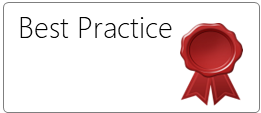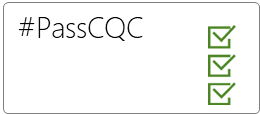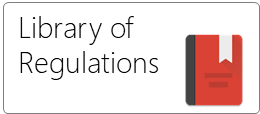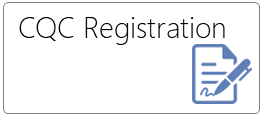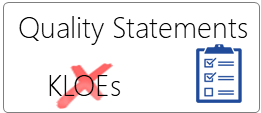How do CQC gather the Information
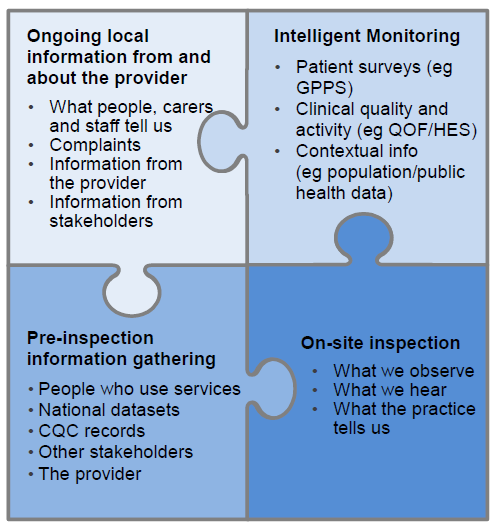 |
This graphic shows where the CQC will get information about you. Most of it is obvious: Complaints to CQC; whistle-blowers; Your registration form; IG Toolkit; QOF reports; Patient surveys etc. A basic rule of thumb is that if you have published information about yourself to the NHS, they will use that in the pre-preparation. In addition, if anyone else has posted information about you, they will also use that under the header “People who use services” The data in the IM report includes information from:
Whilst most of this is expected, it is worrying that in addition to NHS Choices the CQC believe that information from private websites will also be considered legitimate “intelligence” for an inspection. CQC promoting a private website in its guidelines is quite extraordinary we think! This data gathering angle has the potential for a worrying trend.
CQC will also ask local organisations to provide information, including: Some local organisations have a responsibility to gather and use people’s experiences of care and we will request information they hold, for example: CQC will publish further detail about the information we will request, but it is likely to include: |
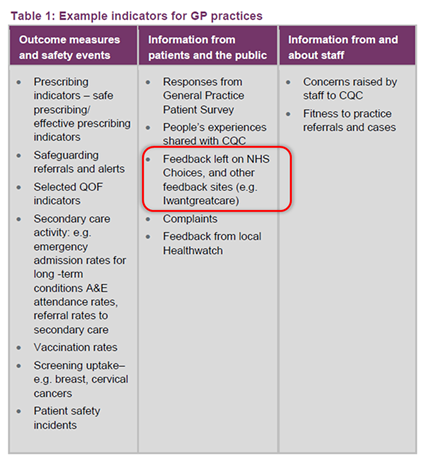 |
